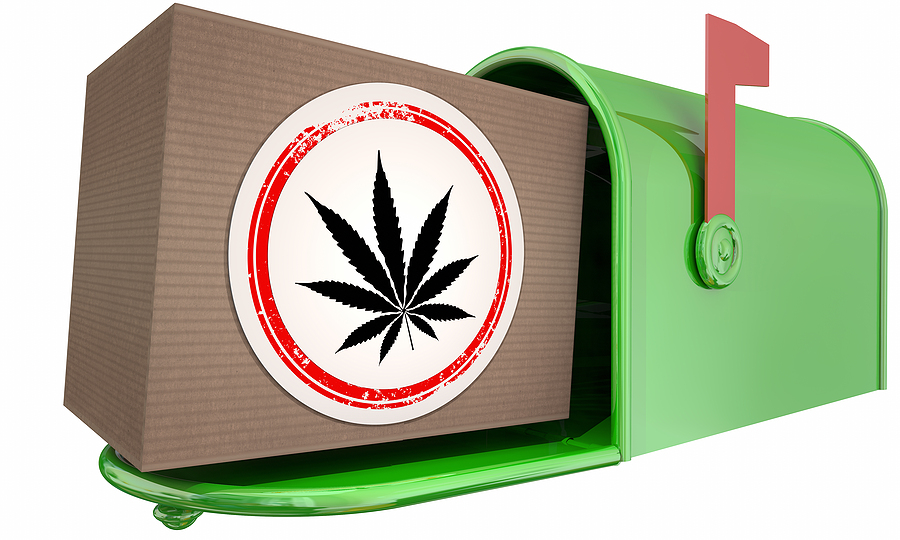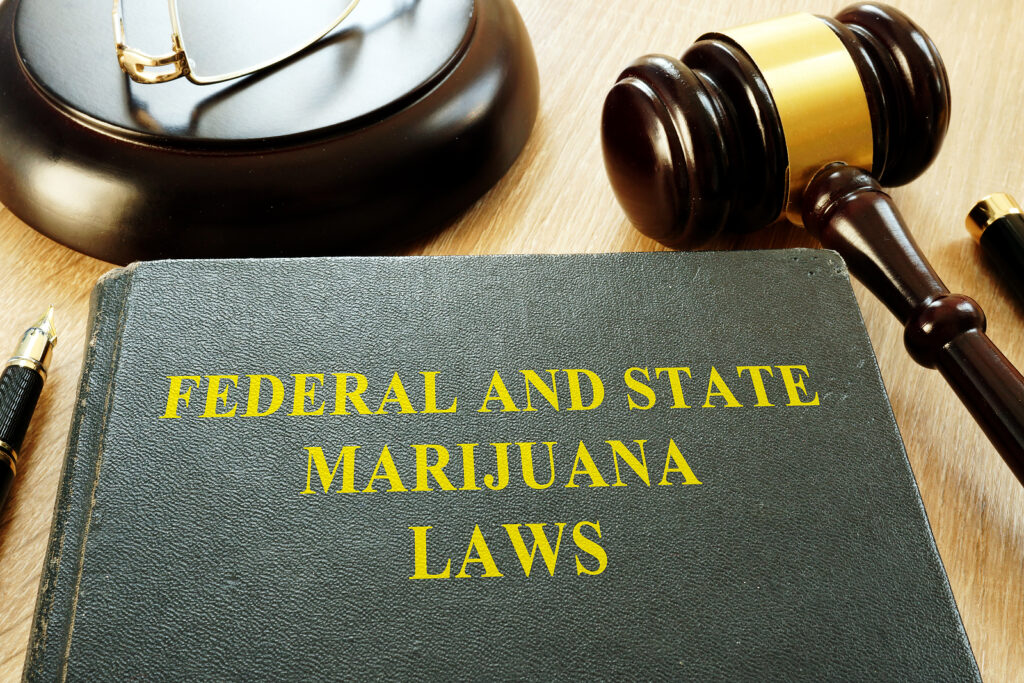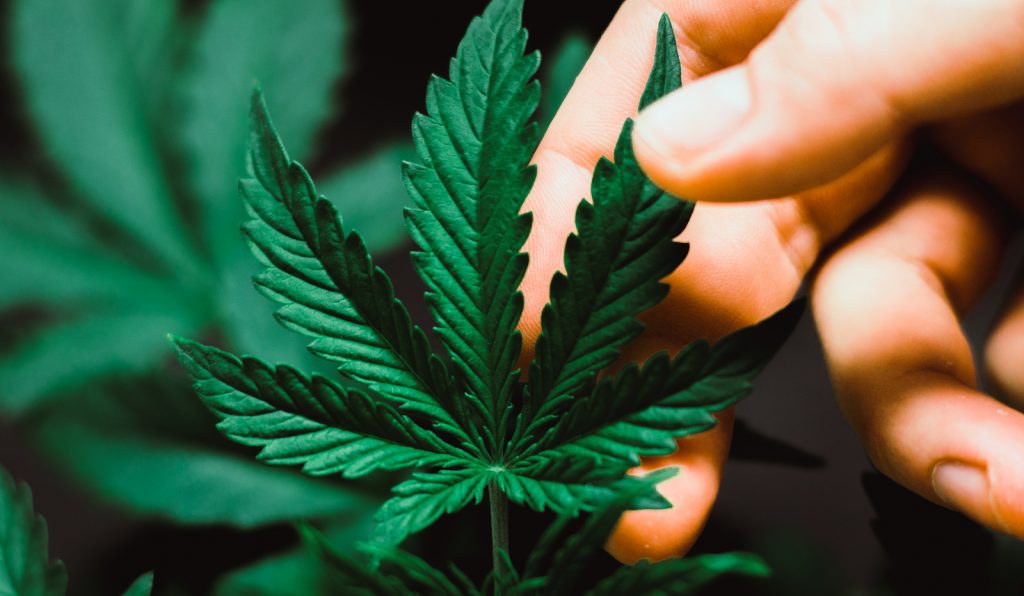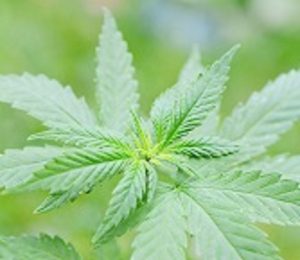Although every drug is categorized in a schedule, Indiana Code allows the Indiana State Board of Pharmacy to suggest modifications and deletions to the state legislature at any time. If you are facing drug crime charges in the Hoosier state, it is important to educate yourself on these schedules so that you are well-prepared for your initial hearing and the court appearances that follow.
Continue below to learn where you can get information about Indiana drug schedules and categorization that is pertinent to your criminal case.
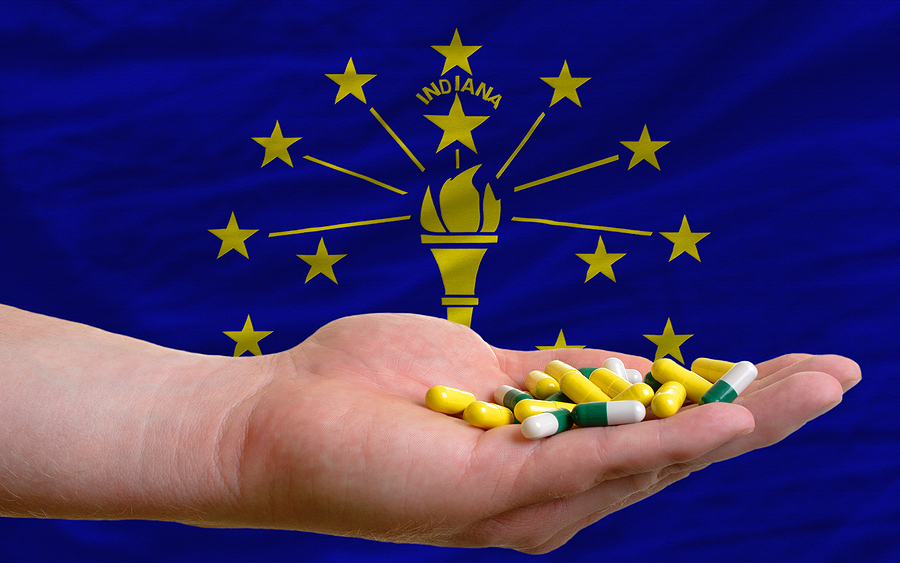
Indiana’s Classification of Drugs
In Indiana, a classification system is used to categorize and define all drugs and controlled substances according to their abuse potential and addictive nature. These classifications are called “schedules” and were developed by Federal government and Indiana legislature. They range in number, from 1 to 5, and can also be influenced by other factors, including the level of acceptance for medical treatment, physical dependence, and psychological dependence.
Indiana Drug Schedule 1 Through 5
Schedule 5 (V) drugs are considered to be the least dangerous and addictive, with the lowest risk of dependency (addiction). Examples include non-narcotics such as Tylenol, Codeine, and similar OTC drugs.
Schedule 4 (IV) drugs are considered to have a slight risk of physical or psychological dependency, but a wide range of medically accepted uses. Examples include tranquilizers, clonazepam, diazepam, loprazolam, alprazolam, midazolam, carisoprodol, methohexital, and modafinil, clorazepate, triazolam, temazepam, and similar benzodiazepines.
Schedule 3 (III) drugs are considered to be any drug that has a moderate risk of abuse, but less dangerous than Schedule one and two drugs. Examples include testosterone, anabolic steroids, ketamine, codeine, chlorphentermine, nalorphineand Buprenorphine (Suboxone), phendimetrazine, and benzphetamine.
Schedule 2 (II) drugs are considered to be any drug less dangerous than Schedule I drugs. They may have legitimate medical uses, but with a high risk of abuse. Examples include cocaine, crack, PCP (phencyclidine), opium, raw opium, opium extracts, methamphetamines, amphetamines, methylphenidate, hydrocodone, morphine, oxycodone, hydromorphone, oxymorphone, methadone, pethidine, amobarbital, glutethimide, pentobarbital, and phenmetrazine.
Schedule 1 (I) drugs are considered to be the most dangerous and have the highest abuse potential. Examples include heroin, mescaline, peyote, benzylpiperazine, psilocybin, methaqualone, MDMA (Ecstasy), LSD (Lysergic Acid Diethylamide), and tetrahydrocannabinols (THC). Yes, that’s right; marijuana is a Schedule one drug in Indiana, so the potential penalties will be high if these are the charges you face. Be sure you have a skilled lawyer working your defense.
To learn everything that you need to know about your current drug charges and how they relate to Indiana’s drug schedule, contact an experienced criminal defense law firm in Indianapolis. Call the Law Office of David E. Lewis at 317-636-7514 to speak with an aggressive and experienced drug charge lawyer in Indianapolis, Indiana. We can hold meetings over the phone, via online conferencing, or in person at her Indianapolis office.
Related Posts:
How are Drugs Categorized in Indiana?
Can I Get Arrested For My Friend’s Drugs?
Can I Get in Trouble for Mailing Weed in Indiana?

